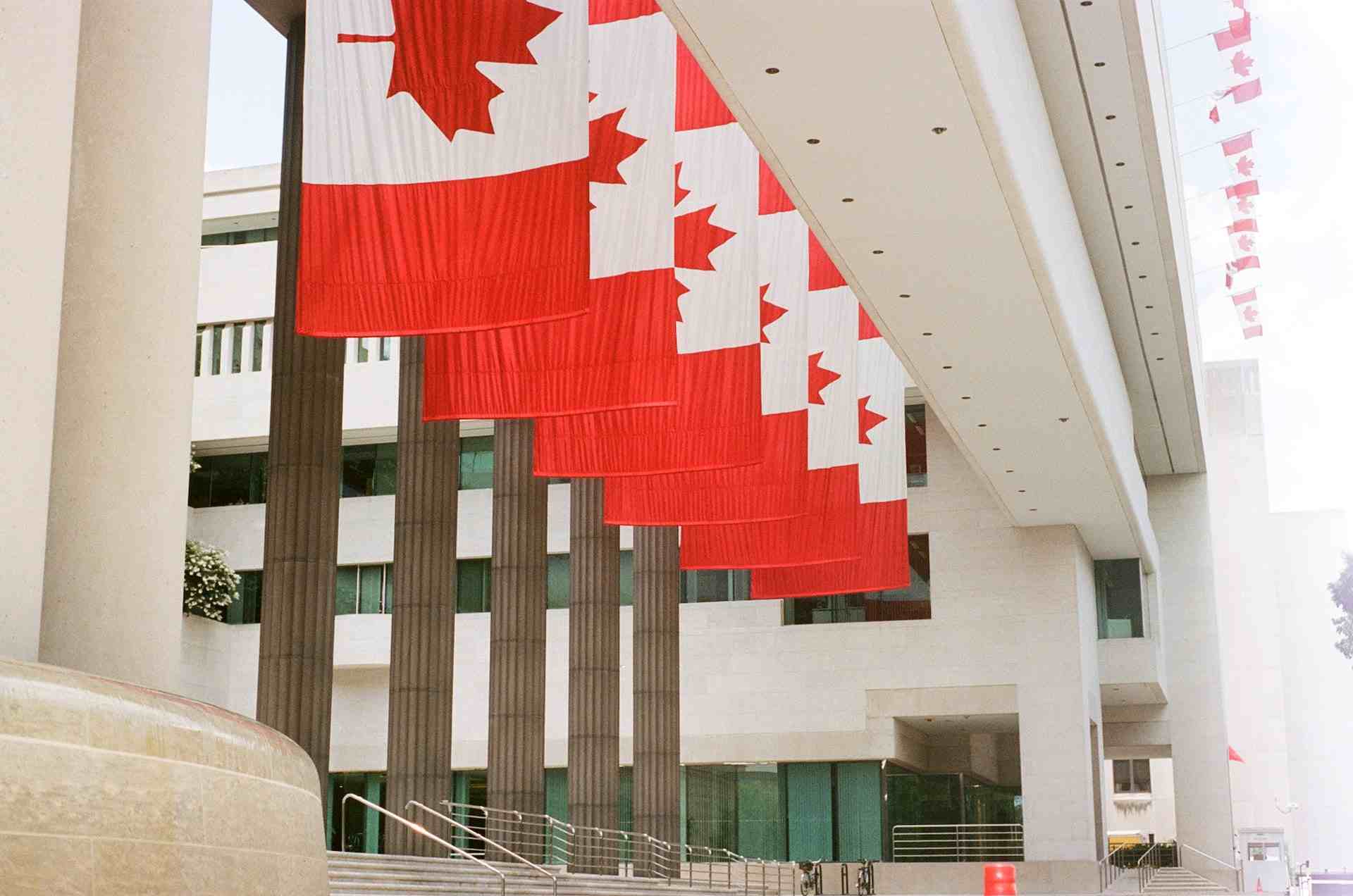Immigration Announcement
IRCC to Review the Main Immigration Law for the First Time

Immigration, Refugees, and Citizenship Canada (IRCC) has just announced undertaking a thorough review of the immigration law – Immigration and Refugee Protection Act (IRPA). This pivotal move, outlined in the recently released strategy, promises transformative changes that will shape the future of Canada’s immigration process.
Canada’s Immigration Framework
The IRPA, established in 2002, serves as the backbone of Canada’s immigration system. With a primary emphasis on fostering a more welcoming experience for newcomers, the review seeks to modernize, streamline, and improve the transparency and efficiency of the immigration process.
Given that IRPA hasn’t undergone a thorough examination since its inception, the review is timely and crucial. The legislation, born out of the need for a more modern and responsive system, classifies foreign nationals into economic, family, and refugee categories.
The Strategy emphasizes three pillars to guide the changes:
- creating a more welcoming experience,
- aligning immigration with labor market needs, and
- developing a comprehensive growth plan.
By updating IRPA, barriers hindering the integration of individuals with in-demand skills can be removed, facilitating the creation of specialized pathways such as the category-based Express Entry.
The Provincial Nominee Program (PNP), a cornerstone of Canadian immigration, relies on IRPA to allocate nominations to provinces. An updated legislation could mandate increased consultations with stakeholders, including settlement services, aligning with the government’s whole-of-government approach to immigration.
The Impact on Immigration Levels Plan
IRPA governs how federal and provincial governments collaborate on immigration responsibilities. This collaboration extends to the Immigration Levels Plan, where consultations with relevant partners and stakeholders influence the annual admission targets.
The recently released plan for 2024-2026 aims to welcome 485,000 new PRs in 2024 and 500,000 annually in 2025 and 2026, signaling a commitment to economic growth and stability.
Express Entry’s Evolution
Despite the absence of a major review, IRPA has undergone amendments, notably in 2022. These changes empower the immigration minister to issue Invitations to Apply through Express Entry, focusing on six key categories aligned with Canada’s economic priorities. By strategically selecting candidates in high-demand sectors, such as healthcare, STEM professions, trades, transport, agriculture, agri-food, and French language proficiency, Canada aims to boost its economy and address labor market needs. Clearly, the anticipated changes in IRPA promise a more efficient, transparent, and responsive immigration system that not only meets the demands of today but paves the way for a prosperous and inclusive future. So, stay tuned as Canada redefines its immigration landscape, setting the stage for a new era of growth and opportunity.






















